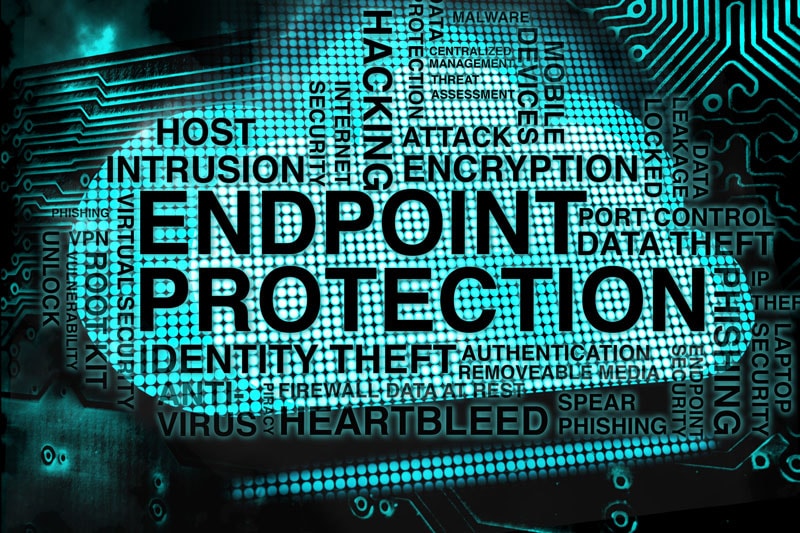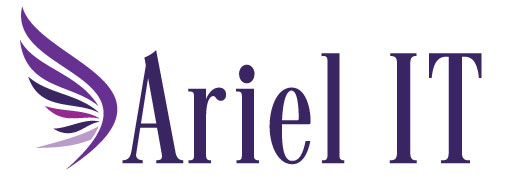Endpoint Security
Desktop Protection: Antivirus and Endpoint Security

While home users are familiar with the need for antivirus software, they may not realize that antivirus software requires updates, called signature files, to recognize and prevent new exploits. Home computer antivirus software’s default installation will turn on automatic updates so that the computer checks for new signature files from the manufacturer’s servers on a regular basis. Users with administrative privileges can opt out of these automatic updates, which compromises security when the antivirus software cannot recognize newer threats. In addition, computers that are offline for a considerable amount of time introduce risk to the network because they have fallen behind on checking for and installing these updates.
Endpoint Security solutions go beyond antivirus capabilities by providing additional protections such as personal firewall, spyware detection, intrusion detection (IDS), and centralized management and monitoring.
Small and Medium Businesses: Antivirus or Endpoint Security?
There are many antivirus and endpoint security solutions on the market, and they come in both consumer and business editions. So why should your business choose one over the other? What do the business editions provide over the consumer versions?
As we just discussed, endpoint security solutions provide additional protections over antivirus-only software. These additional protections become important if your employees’ computers ever leave your network, if you have workers accessing public internet hot spots, or sharing data and applications via removable drives and USB keys. In these scenarios, the personal firewall and intrusion detection can catch malware on that system even when it is not protected by the company’s network firewall.
In the consumer versions of antivirus and endpoint security suites, each computer must be managed individually, which is cumbersome for your IT department to track suspicious attacks and ensure computers are compliant with the latest updates. Business editions of antivirus and endpoint security products include support for centralized management and reporting for multiple computers and devices.
Centralized management allows your IT department to automate, monitor and manage application updates from a single point and then push out approved updates to your company’s computers during a planned maintenance update. Reporting and monitoring features give you visibility into whether your computers are patched, what intrusion attempts have been detected, and whether any systems have failed to “check in” for updates. IT then uses this information to follow up on and mitigate risks in your environment.
Takeaway
Verify that your small business is running the appropriate business edition of an endpoint security solution that will protect your businesses beyond antivirus alone, and will give your IT department the right tools to create security reports and resolve any problems if computers are not compliant.
